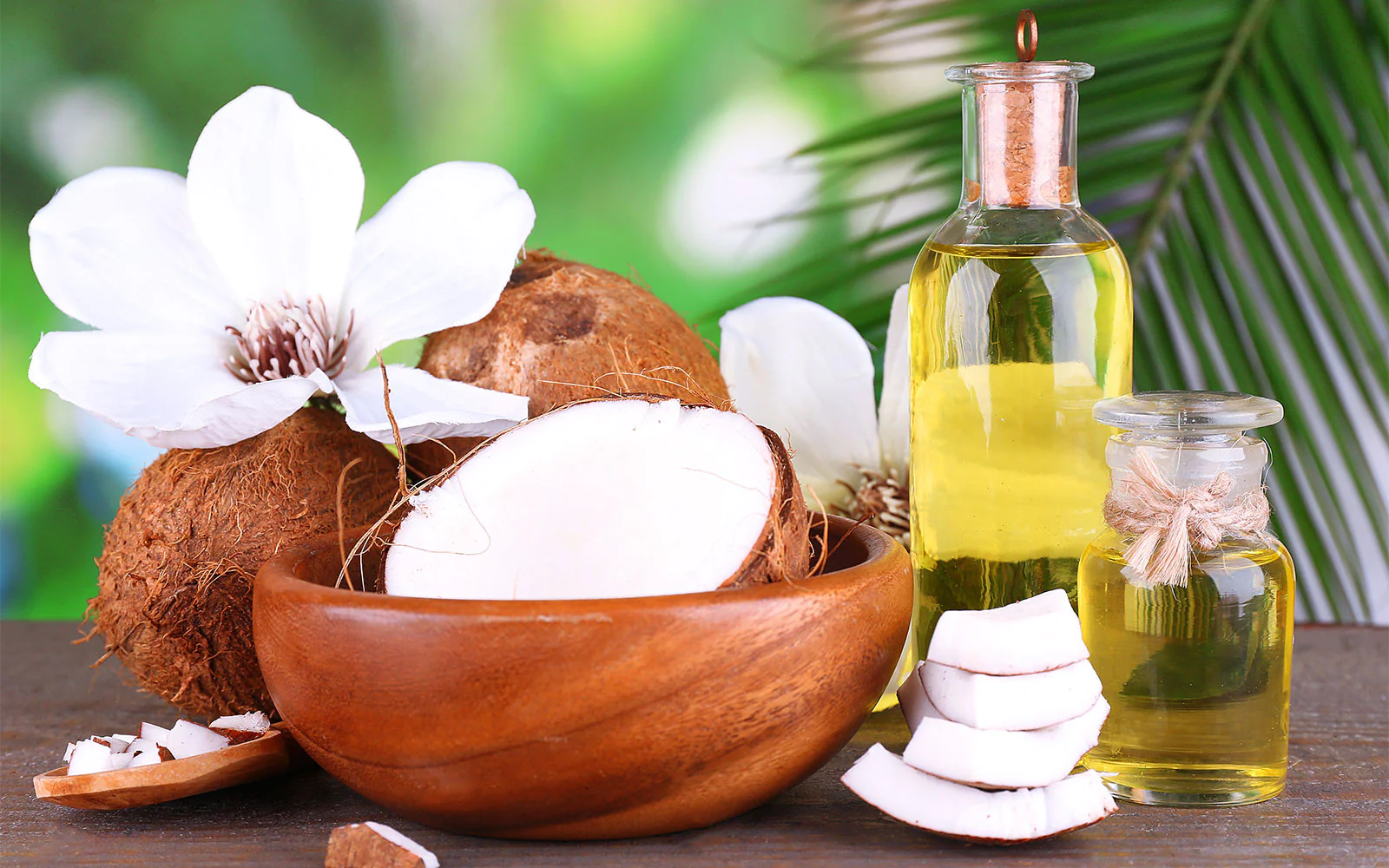Kiwi organic product isn’t frequently thought to be a “Superfood”, yet as a matter of fact, a natural product is loaded with significant nutrients and minerals and can affect your wellbeing. These brown fluffy natural products have a sweet and marginally tart taste with green tissue within that loans an interesting flavor and tropical punch.
Kiwi fruit is a nutrient-dense fruit that is packed with vitamins, minerals, and other beneficial compounds.
Here are some potential health benefits of eating kiwi fruit:
-
Boosts immune system:
Kiwi fruit is known for boosting the immune system due to its high content of vitamin C. One medium-sized kiwi contains around 64mg of vitamin C, which is about 71% of the daily recommended intake for adults. Vitamin C is an essential nutrient that helps to stimulate the production of white blood cells, which are responsible for fighting off infections and diseases. Kiwi fruit also contains other nutrients such as vitamin E, vitamin K, and folate, which all contribute to a healthy immune system.
-
Good for digestion:
Kiwi fruit is good for digestion due to its high fiber content and the presence of an enzyme called actinidin. One medium-sized kiwi contains around 2.1 grams of fiber, which is about 8% of the daily recommended intake for adults. Fiber is essential for maintaining healthy digestion, as it helps to promote regular bowel movements, prevent constipation, and reduce inflammation in the digestive tract.
Actinidin is a proteolytic enzyme that helps to break down proteins in the digestive system, making it easier for the body to absorb nutrients from food. This enzyme has been shown to be particularly effective at breaking down tough proteins found in meat, dairy, and other animal products. Therefore, consuming kiwi fruit with meals that contain protein may help to improve digestion and nutrient absorption.
In addition, some studies have suggested that kiwi fruit may help to alleviate symptoms of digestive disorders such as irritable bowel syndrome (IBS) and constipation, although more research is needed to confirm these effects.
-
May lower blood pressure:
Kiwi fruit may lower blood pressure due to its high potassium content. Potassium is an essential mineral that helps to regulate blood pressure by counteracting the effects of sodium in the body. One medium-sized kiwi contains around 237 mg of potassium, which is about 5% of the daily recommended intake for adults.
Several studies have shown that consuming kiwi fruit may have a beneficial effect on blood pressure levels. For example, a study published in the British Journal of Nutrition found that consuming three kiwis per day for 8 weeks resulted in a significant reduction in both systolic and diastolic blood pressure in people with mildly elevated blood pressure.
However, it’s important to note that kiwi fruit should not be used as a sole treatment for high blood pressure, and that individuals with high blood pressure should consult with their healthcare provider to develop an appropriate treatment plan.
-
Good for skin health:
Kiwi fruit is good for skin health due to its high content of vitamin C, vitamin E, and antioxidants. These nutrients help to protect the skin from damage caused by free radicals, which can lead to premature aging, wrinkles, and other skin problems.
Vitamin C, in particular, is essential for the production of collagen, a protein that gives the skin its elasticity and firmness. One medium-sized kiwi contains around 64mg of vitamin C, which is about 71% of the daily recommended intake for adults.
In addition, kiwi fruit contains vitamin E, which is a powerful antioxidant that helps to protect the skin from damage caused by UV radiation and other environmental factors. Antioxidants such as vitamin C and vitamin E also help to prevent the formation of dark spots and hyperpigmentation, leading to a brighter, more even complexion.
Finally, the high water content of kiwi fruit can also help to keep the skin hydrated, which is important for maintaining a healthy, glowing appearance.
-
May aid in weight loss:
Kiwi fruit may aid in weight loss due to its high fiber content and low calorie density. One medium-sized kiwi contains around 61 calories and 2.1 grams of fiber, which makes it a low-calorie, high-fiber snack option.
Fiber is essential for weight loss, as it helps to promote feelings of fullness, reduce appetite, and prevent overeating. A diet that is high in fiber has been shown to be effective in promoting weight loss and reducing body fat.
In addition, kiwi fruit is also low in fat and sugar, which makes it a healthy alternative to high-calorie snacks such as chips, candy, and cookies. Incorporating kiwi fruit into a balanced diet that is rich in fruits, vegetables, whole grains, and lean protein sources can help to promote weight loss and overall health.
-
May improve sleep quality:
Kiwi fruit may improve sleep quality due to its high content of antioxidants and serotonin.
Antioxidants such as vitamin C and vitamin E found in kiwi fruit have been shown to reduce inflammation and oxidative stress, which can interfere with sleep. Studies have found that individuals with higher antioxidant levels in their bodies tend to have better sleep quality than those with lower levels.
In addition, kiwi fruit is also a natural source of serotonin, a neurotransmitter that helps to regulate sleep. Serotonin plays a key role in promoting feelings of relaxation and drowsiness, and is involved in the body’s natural sleep-wake cycle. A study published in the journal Sleep found that consuming kiwi fruit on a regular basis was associated with improved sleep onset, duration, and efficiency in adults with self-reported sleep disturbances.
Overall, consuming kiwi fruit may be a natural and healthy way to improve sleep quality and promote relaxation.
-
May improve respiratory health:
Kiwi fruit may improve respiratory health due to its high content of vitamin C and other beneficial nutrients.
Vitamin C is a powerful antioxidant that helps to protect the respiratory system from oxidative stress and inflammation, which can contribute to the development of respiratory diseases such as asthma and chronic obstructive pulmonary disease (COPD). One medium-sized kiwi contains around 64mg of vitamin C, which is about 71% of the daily recommended intake for adults.
In addition, kiwi fruit also contains other nutrients such as vitamin E, vitamin K, and folate, which have been shown to have beneficial effects on respiratory health. For example, vitamin E has been shown to reduce inflammation in the lungs, while folate has been linked to a reduced risk of asthma and other respiratory diseases.
Finally, some studies have suggested that kiwi fruit may help to alleviate symptoms of respiratory diseases such as wheezing and coughing, although more research is needed to confirm these effects.
By and large, kiwi is a supplement thick natural product that gives various medical advantages, making it an incredible expansion to any eating regimen. It is low in calories, high in fiber, and loaded with fundamental nutrients and minerals that advance generally wellbeing and prosperity.



















Leave a Reply